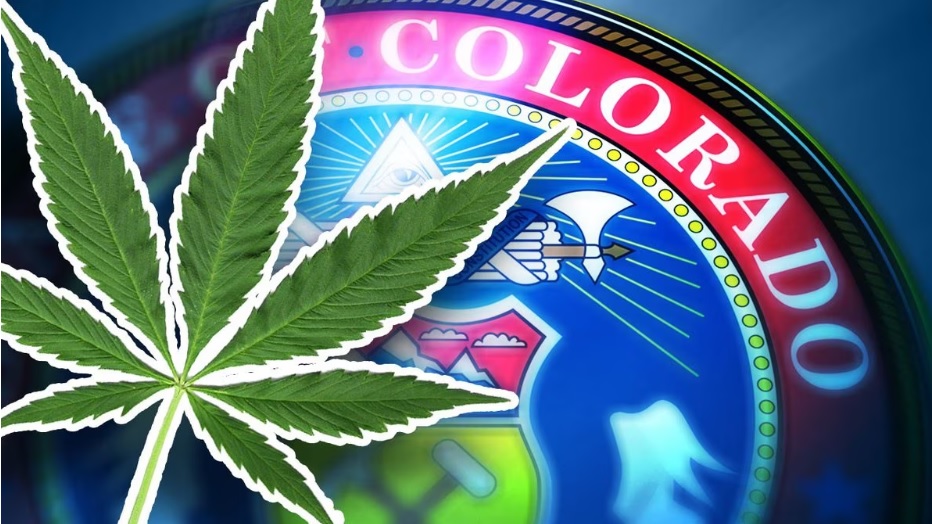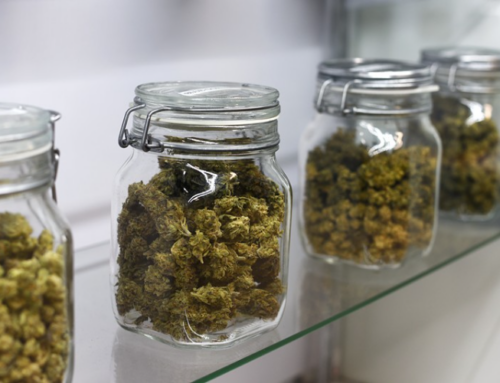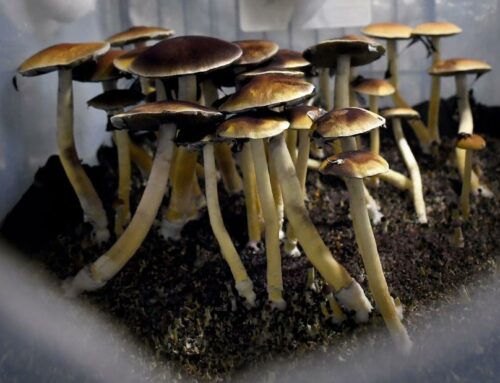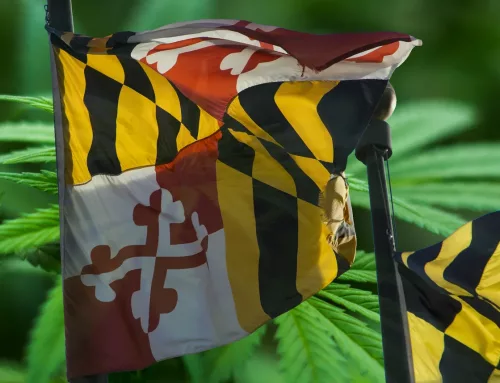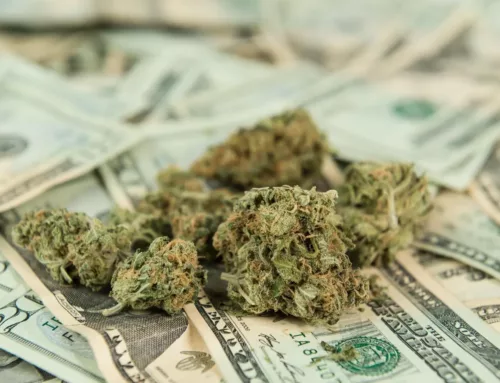Colorado Senate Passes Bill to Regulate Psychedelic Substances for Therapeutic Use
LOS ANGELES– The Colorado Senate has approved a bill aimed at regulating psychedelic substances, following a voter-endorsed initiative. The proposed legislation would establish guidelines for the legal use of psilocybin and psilocyn in authorized therapeutic centers under the supervision of trained professionals. The bill also outlines licensing standards for businesses involved in producing, testing, storing, distributing, and transporting natural medicine products.
Under the legislation, a new Division of Natural Medicine would be established within the state’s Department of Revenue to oversee the therapy program and issue licenses for cultivators, manufacturers, testing facilities, and therapeutic centers. A Natural Medicine Advisory Board would also be created to examine natural medicine issues and provide recommendations to relevant authorities.
While synthetic psychedelics would be prohibited, personal possession of psilocybin, ibogaine, mescaline, and DMT would be protected for adults aged 21 and older, though not while operating vehicles or machinery under the influence. Individuals over 21 would also be permitted to grow natural psychedelics for personal use in an enclosed area at their residence, with a maximum cultivation area of 12 by 12 feet.
Initially, only psilocybin and psilocyn would be allowed at therapeutic centers, though regulators could add more psychedelic substances in the future. The bill also clarifies that individuals can receive payment for harm reduction or support services related to psychedelic use.
The proposed legislation establishes penalties for public consumption of natural medicine, while individuals under 21 who knowingly possess or consume natural medicine products face a fine of up to $100 and up to four hours of substance use education or counseling. Those caught exceeding cultivation limits would be subject to a $1,000 fine.
A working group for federally recognized American tribes and Indigenous communities would be established within the Department of Regulatory Agencies to address potential unintended consequences of the reform, particularly concerning the commercialization of psychedelics and religious or spiritual exploitation of native populations.
The bill would also allow individuals to file motions to seal conviction records related to natural medicine and enable licensed psychedelic enterprises to deduct expenses from state taxes, partially addressing the federal 280E provision.
The proposed regulations have received varied responses from advocates and stakeholders, but Senate President Steve Fenberg emphasized the importance of responsibly enacting the voter-endorsed initiative, stating, “This is something that most states have not ventured to do. It’s important that we get it right.” The bill will now be reviewed by the House of Representatives.










